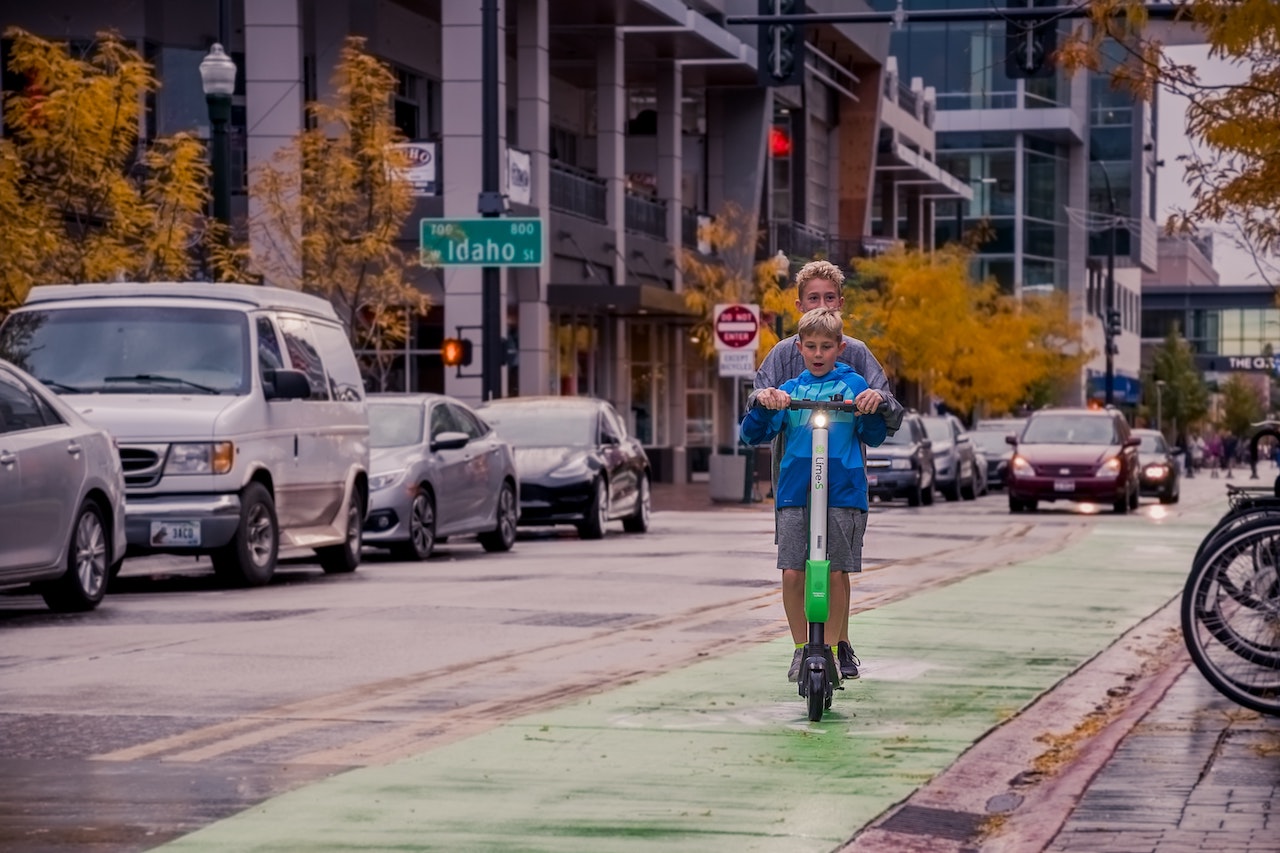We are living through the early days of a revolution. Not a political revolution; rather, an electric scooter revolution. No matter where you go in Washington, D.C. and in many other cities around the country, you are likely to bump into an electronic scooter, maybe even literally. Electronic scooter use has taken off because they provide a cheap, easy, and environmentally-friendly way to travel. Twice each day during rush hour, commuters are forced to share the streets and sidewalks with scooter riders. Popular electronic scooter companies such as Lift, Bird, and Lime have just begun to tap into this popular new market.
The success of the electronic scooter industry, however, has not been without consequence. History was made on October 19, 2018 when the first class action lawsuit against an electronic scooter company was filed in the Los Angeles County Superior Court. The class complaint was filed by nine plaintiffs who were either injured while riding an electric scooter or by a rider of an electronic scooter. Plaintiffs allege that the scooters, which were owned by Defendants Bird Co. and Lime Co. and manufactured by Defendants Xiaomi USA, Inc. and Segway, Inc., were defectively manufactured and caused injury to riders. Plaintiffs also allege that Defendants were grossly negligent by not ensuring that their scooters were operated in a safe and prudent manner, that the scooters posed a public nuisance to pedestrians, and that the Defendants even aided and abetted in the assault of pedestrians injured by electric scooters.
This class action is unlikely to succeed due to a number of procedural and substantive hurdles. Plaintiffs may not get past the class certification stage because the class plaintiffs include both riders and pedestrians who have different legal claims and arguments. Thus, Plaintiffs may not be able to satisfy the “commonality” and “predominance” requirements of Rule 23 of the Federal Rules of Civil Procedure. Defendants have strong arguments on the merits. For example, the riders signed waivers absolving the company from liability. Hurdles, however, have not stopped others from pursuing their own claims against the growing electric scooter industry—class action claims or otherwise. Litigation has mostly been centered in California thus far, but will spread to other jurisdictions in the coming years.
The rise of class action lawsuits against electric scooter companies is important not only because of the popularity of electric scooters and the amount of negative media coverage these lawsuits can generate, but because over time plaintiffs are likely to hone their strategy and find the correct situations where they can get over the class certification stage and obtain large settlements or judgments.
The electric scooter industry, along with the dockless bicycle industry and others seeking to tap into the developing “dockless transportation market,” should take notice of the potential liability posed by future class action lawsuits and understand what steps they should take. Electric scooter companies should have waivers absolving them of any liability to their riders and forcing any claims into arbitration rather than into court. The agreements should have arbitration provisions and class action waivers.

